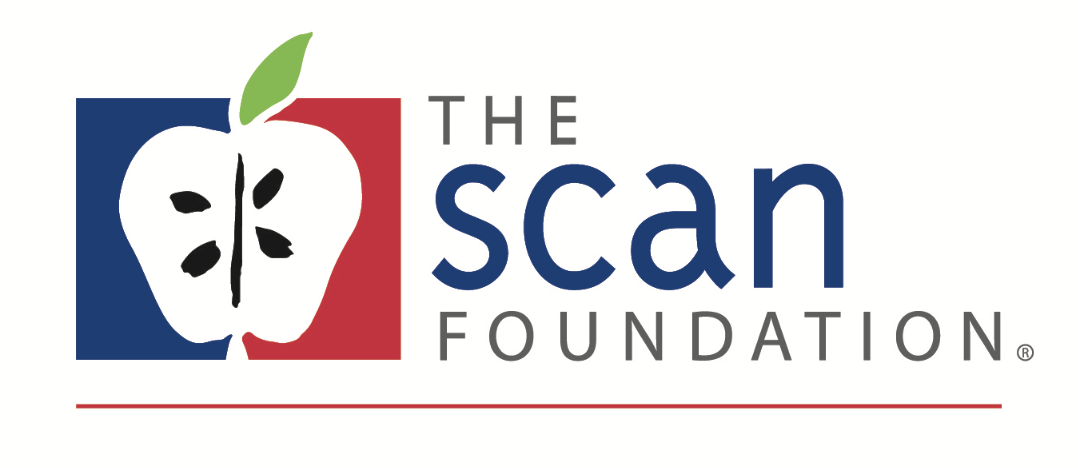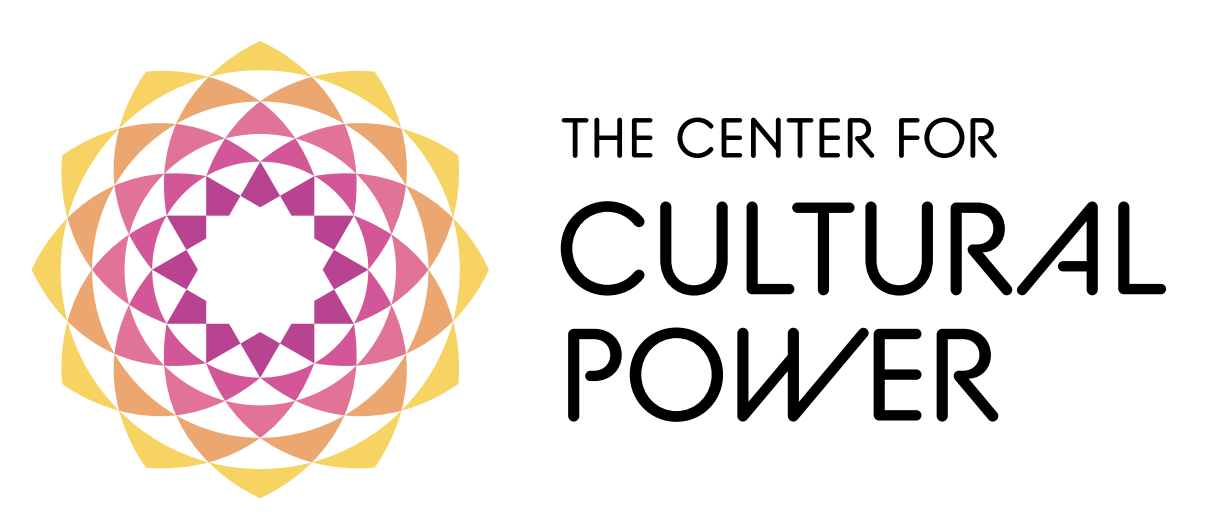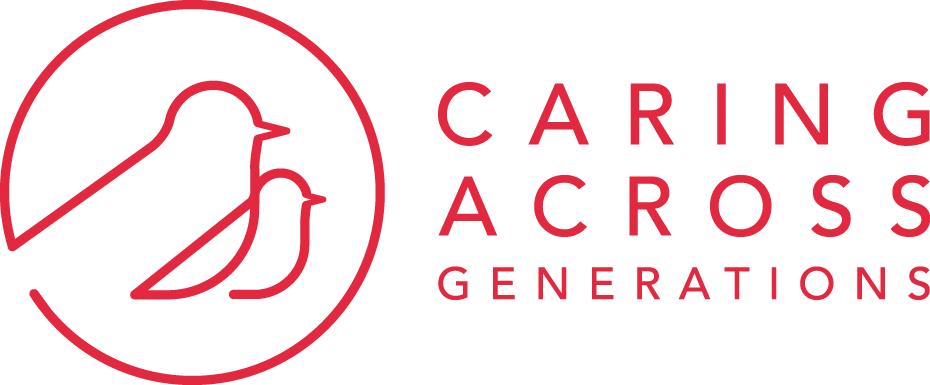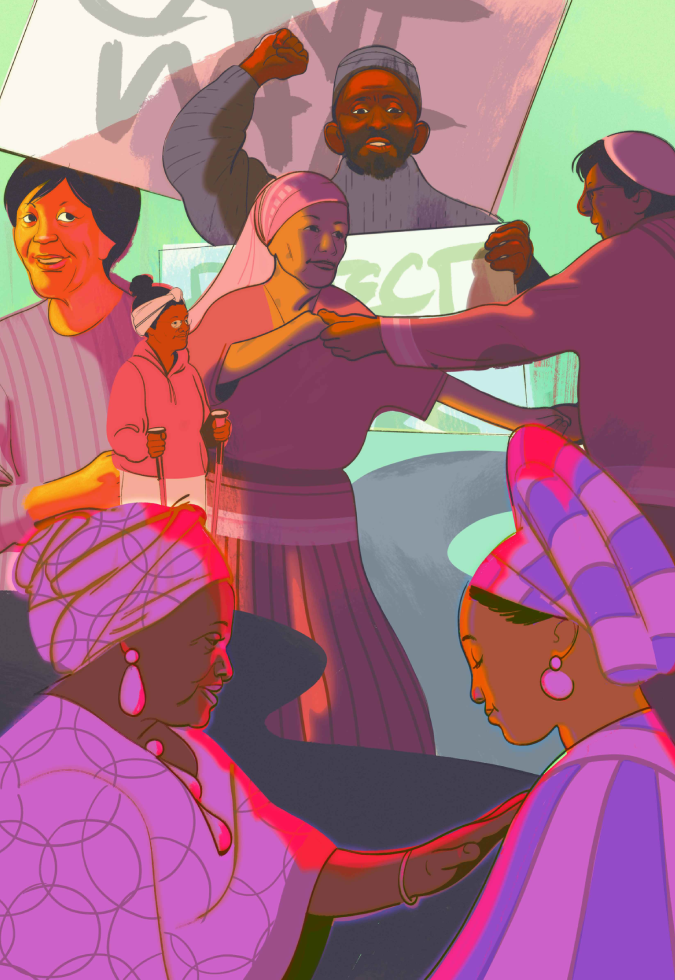Presented By:
Manifesto
When We Grow Older is a visual and oral storytelling of care and aging inspired by the experiences of Spanish-speaking and Afro-Latina caregivers who are aging in California. Their stories are featured here alongside original works of art that represent the diverse traditions of communities who honor and care for their elders.
Black women, immigrant women, and other women of color are disproportionately harmed by an unjust, inadequate, and inequitable care infrastructure, both as caregivers and as part of an aging population that need care themselves. Immigrant women make up one third (⅓) of all domestic workers, a field that remains excluded from labor protections. In California, there are over 2 million people aging into poverty, 45% of whom are Black women. Aging women of color are becoming increasingly displaced from their homes and communities due to rapid gentrification and lack of care infrastructure, despite so often being the caregivers that hold our families, our communities, and our society together.
Featuring art by Yosimar Reyes, Monica Ahanonu, Xia Gordon, James Quarles, and Cece Carpio, and stories from María Tirado, Cesia Álvarez, and María Sánchez, this project is an invitation to examine how the stories we’re told about aging uphold the systems that fail to care for our elders who are most impacted by racial and economic injustice. When We Grow Older is a reimagining of what it would look, feel, and sound like to live in an anti-racist, anti-ableist society that celebrates the beauty and honor of aging, and that cares for and uplifts our elders so they can age with autonomy, strength, and dignity.
Care Stories
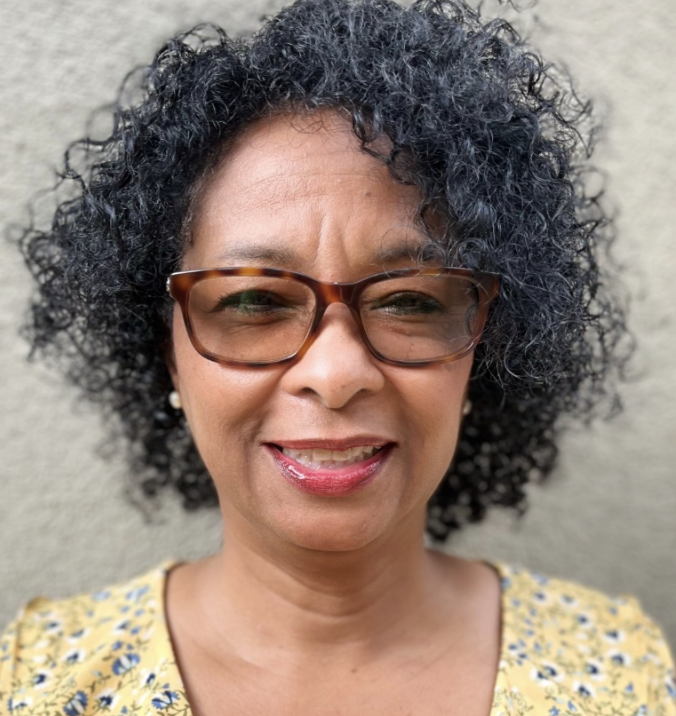
María Tirado
62, Los Angeles, CA
My name is Maria Tirado, I’m 62 years old, and I’m a proud African-Puerto Rican native of Los Angeles, California. I was a full-time caregiver to my parents. During this time, I witnessed the disparities and challenges in providing care, and the economic and social impacts of caregiving. I cared for both my mother and father together for over twenty five years, and my father passed in 2012. When my mother’s care needs increased, I was let go from my job due to poor performance. The fear of lost wages, possibly facing homelessness, and concern about how this would affect my mother's health and care weighed on us. However, we prevailed until my mother became an ancestor last year. Growing up watching my mother advocate for the underserved, I became an advocate for seniors amongst our Black and immigrant communities. As I did for my parents, I have also become a personal care advocate for my neighbor and have gotten her own family more involved as well. Now that I am aging, there are so many thoughts and questions. How am I going to remain self-sufficient? I’m concentrating on my health, especially if I may inherit my parents’ illnesses. Looking for employment is challenging and I’ve been experiencing ageism, but it is just an obstacle to overcome. It must be mentioned that the State program In-Home Supportive Service (IHSS) made it possible to become a full-time caregiver, but it wasn't easy. There are many improvements that are needed with the program, like increased wages, simplified hours, worker benefits and training, and protections for caregivers and recipients. We need a Caregivers Bill of Rights. Plus, corporations and businesses could implement much better policies for caregivers as well. My dream is to find a passion that’s lucrative so I can remain self-sufficient and in optimum health. I also want to continue supporting social and political causes and organizations in my mother’s honor. Now that I have the freedom, it’s time to explore the world and reinvent myself, to meet genuine people, travel to faraway lands, and enjoy exquisite cuisine while being a fashionista!
Read María's Care Story
Cesia Álvarez
48, San Francisco, CA
My name is Cesia Álvarez, and I’m 48 years old. I was born in Mexico and I’ve lived in San Francisco, California since 2013. As a person who’s getting older with a disability, I’m well aware that if you’re not rich, you won’t have the access to the support you need to have a dignified life. Health insurance doesn’t always cover everything you need. If you’re in a program that provides you with paid caregivers, their salary is so ridiculously low that it makes it difficult to find them. If you have a family member who can be your caregiver, that can affect the interpersonal dynamics, mental health, financial capacity, and overall relationship with you and your family. In my case, I don’t qualify to have my own paid caregiver, so I depend on people around me to have time to help me even with basic things such as buying groceries, moving furniture, cleaning the house. It’s inevitable to think back on my years full of youth, health, and energy, when I didn’t have to worry as much about money or spending, when my body was capable and didn’t hurt. I worry that in a few years everything will be even more difficult. I can't help but think about how in Mexican culture elders are loved, respected and cared for by their family and community. Even in large cities where someone might live alone, there’s usually someone who stays close to them. In the United States things are so different. There are so many barriers to caring for people as they age. As a caregiver myself, I meditate on the lessons I’ve learned from those I care for – that it’s okay to cry but to try not to allow yourself to remain stuck in hopelessness, to always look for the solutions that exist around you, and that I can find my own joy even when things are hard. My dream for the future: I would love for everyone to understand that I am happy, and to look at me as a full person instead of looking at me with pity. And I would love for our government to give more support for caregivers and people who need care, so that we can all age with choice and dignity. I’m already looking for somewhere I can live with other elders and people with disabilities, because I want to be in a place where there are people with whom I identify, and where I can make friends and be in community.
Read Cesia's Care Story
María Sánchez
49, San Francisco, CA
My name is María Sánchez and I’m 49 years old. I was born in Mexico and I’ve lived in San Francisco for the last 28 years. I have two children – my daughter is 23 years old and my son is 21 years old. My son has cerebral palsy and I’ve been his caregiver all his life. It has been and continues to be quite a challenge for me. When I started taking care of my son I didn't know anything about how to do it, but I figured it out, and it changed my life completely. And as I get older, I worry about losing my own skills and strength. I look around and see that half of the older adults around me are aging with dignity, but the other half don’t have the same resources to afford care, and have to work until their last day just to survive. Because I’m also a caregiver, I always have to be available to my son and am always on call. My son and I depend on IHSS (in-home supports and services) for his full care needs, which helps a bit. But I still can’t work full-time or get a second job to be more financially stable and save for our futures, so I’ll probably never be able to retire. San Francisco is unjustly expensive, but if we move, we may lose access to IHSS. Plus, the cost of moving in itself is expensive. If I had more money, I would have peace of mind that my needs as I age would be taken care of, and that my kids would be taken care of, too. I worry my daughter will end up needing to spend the rest of her life taking care of me without any support, and the cycle will continue. I really want society to understand that we are all going to get older and we will need help as we get older, no matter what. My vision for the future would be that information about aging and caregiving is available from an early age. We shouldn’t be afraid of it, we should talk about it and plan for it and see it as an inevitable part of life.
Read María's Care StoryArtist Content & Statements
More Like This
Stay tuned for upcoming installations of When We Grow Older

